Our Story
We're passionate about nurturing happy, healthy pets. It's what motivates us to create innovative products that offer great value.
Pet care products that help you care for them with the same unconditional love that they give you.
Strengthen the unconditional love between you and your pet while enjoying amazing perks.
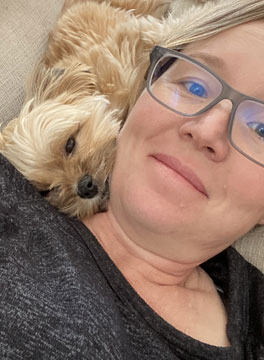
Fostering is a perfect way to change a pet’s life for the better. Learn how you can
#FosterUnconditionalLove

See how we are celebrating the unconditional love between pets and pet parents with #UnconditionalLove
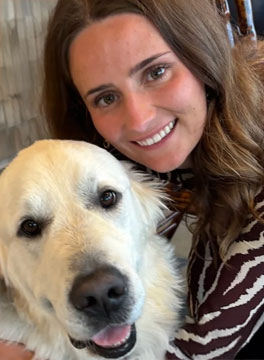
Our sustainability journey begins with responsible sourcing of materials and ingredients for our products.

tag #hartz to share your pets enjoying
Hartz dog products and cat products!





Lickable wet cat treats packed with protein make for the purrfect in-between meal snack or as a savory dry food topper.

Hartz® Comfitables® are comfortable and secure potty solutions: diapers and male wraps can help your dog or cat regain independence, avoid unwanted accidents, and enjoy life.

Hartz® Oinkies® are irresistible, long-lasting dog treats made with layers of naturally good real ingredients you can see, without any beef rawhide, your dog will go crazy for!

Uniquely formulated for your dog’s coat type. Each shampoo provides benefits specific to your dog’s coat needs.

Thanks to maximum botanical protection of Nature's Shield, you and your pet can cuddle naturally without fear of Fleas & Ticks.

Hartz® Home Protection® dog pads make clean up simple, replacement and disposal easy, and protect flooring from accidents; ideal for puppies, travel, senior dogs, crates, and more.
We're passionate about nurturing happy, healthy pets. It's what motivates us to create innovative products that offer great value.
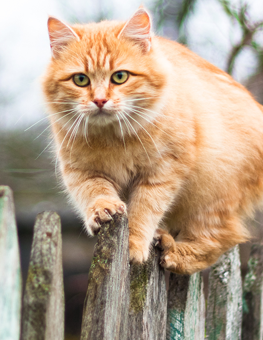
While it may be tempting to let your feline roam in the great outdoors and enjoy everything the warm weather has to offer, you may be putting your feline at great risk.
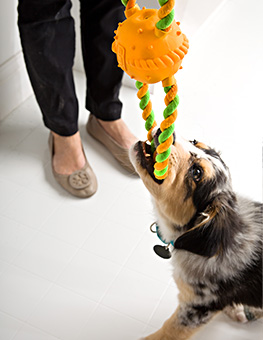
The outdoors is filled with smells and excitement, as well as new dogs to play with and old friends to meet. But the summer is also the worst time for outdoor pets.
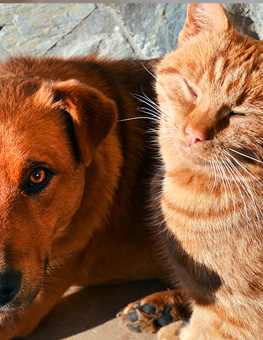
Too much sun can leave your cat or dog feeling not so hot. Protecting your pets from solar dermatitis and skin cancer can keep them healthy and happy.